Are you aware of the negative effects alcohol can have on your hormones? Can hormones and alcohol intolerance be hindering your health? Beyond its impact on mood and liver, alcohol quietly wreaks havoc on your hormones in intricate ways. But how exactly does alcohol affect the hormones?
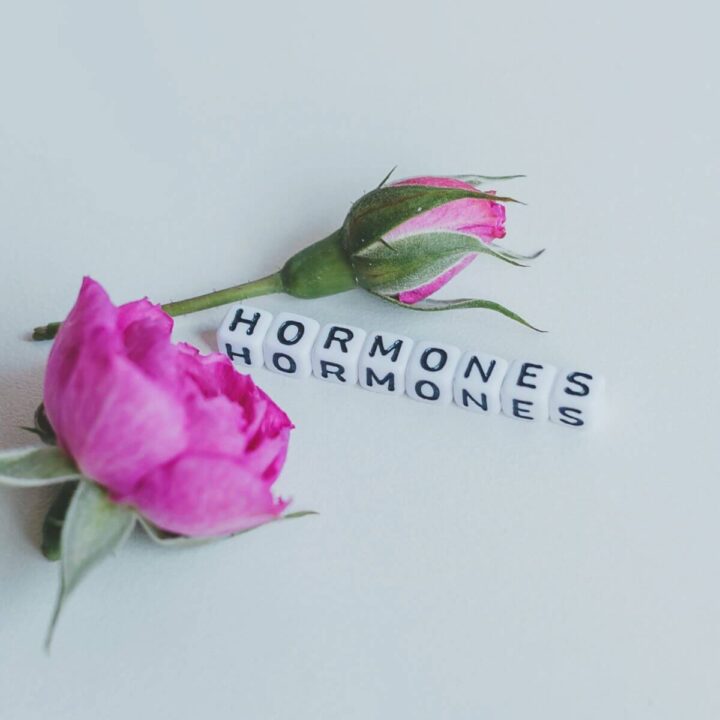
Table of Contents
🥂Hormones And Alcohol Intolerance
Every step you take towards better health is a powerful choice. Remember, the path to wellness is made up of small, consistent changes.
Each choice you make is a step closer to your goal. You DO have the ability to transform your health for the better, one step at a time!
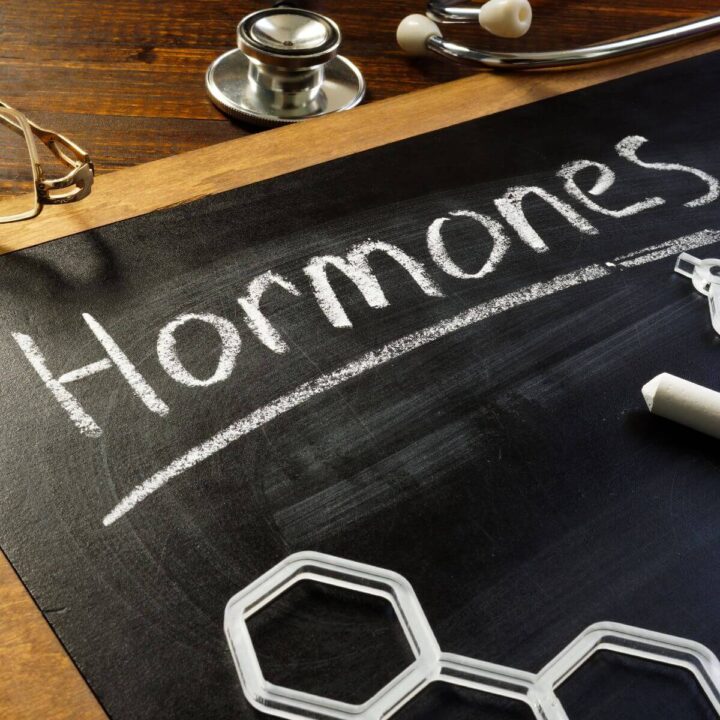
⁉️ Does Alcohol Affect Hormones?
Alcohol consumption can have various effects on the body, including its impact on hormone levels. When alcohol is consumed, it is primarily metabolized by the liver.
This metabolic process can interfere with hormone production, regulation, and balance in several ways.
One of the hormones that can be affected by alcohol is cortisol, often referred to as the stress hormone. Alcohol consumption can lead to an increase in cortisol levels in the body, especially during periods of heavy or chronic drinking.
Elevated cortisol levels may contribute to the development of stress-related disorders and have negative effects on overall health.
In addition to cortisol, alcohol can also disrupt the balance of other hormones, such as testosterone and estrogen.
Chronic alcohol abuse can lead to decreased testosterone levels in men and increased estrogen levels in both men and women.
These hormonal imbalances can have various consequences, such as decreased libido, fertility issues, and changes in mood and behavior.
Moreover, alcohol can impact the functioning of the hypothalamus and pituitary glands, which are essential for hormone regulation in the body.
Excessive alcohol consumption can interfere with the communication between these glands and disrupt the production and release of important hormones such as growth hormone and reproductive hormones.
It's important to note that the effects of alcohol on hormones can vary depending on factors such as the amount and frequency of alcohol consumption, overall health status, and individual differences.
Moderate alcohol consumption may not have significant effects on hormone levels, while heavy or chronic drinking can lead to more pronounced hormonal imbalances.
As with any health-related topic, it's always advisable to consult with a healthcare professional for personalized advice and guidance, especially if you have concerns about the impact of alcohol on your hormone levels. So let's discuss this topic more in depth.
💚 Gonadal Hormones Disturbance
Alcohol consumption has been associated with alterations in the hypothalamic-pituitary-gonadal (HPG) axis, which regulates sex hormone production.
Chronic alcohol intake can disrupt this axis, leading to diminished secretion of gonadotropin-releasing hormone (GnRH) from the hypothalamus, resulting in decreased luteinizing hormone (LH) and follicle-stimulating hormone (FSH) release from the pituitary gland.
📥 GET THIS RECIPE IN YOUR INBOX 📥
Chronic drinking can lead to lower testosterone in males and increase estrogen in females, potentially affecting fertility and reproductive health.
💚 HPA Axis Impact
Alcohol revs up your adrenal glands, flooding your system with cortisol, the primary stress hormone.
Your body's stress response (HPA axis) becomes compromised, and over time this can lead to:
- Muscle breakdown
- Immune system suppression
- Excess fat storage
Short-term, alcohol can also cause low blood sugar. But over the long haul, chronic drinking can lead to insulin resistance, weight gain, and even type 2 diabetes.
These conditions just further interfere with your hormonal balance.
🦋 Thyroid Troubles
Your thyroid, the metabolic mastermind, isn't spared. Alcohol suppresses thyroid function, messing with thyroid hormone production and conversion. This can slow down your metabolism, leading to fatigue and more.
In a nutshell, alcohol's impact on hormones is no small matter. It disturbs the balance of the HPG, HPA, and thyroid axes, leading to altered sex hormone production, stress response issues, glucose regulation problems, and thyroid imbalances.
Recognizing this complex connection between alcohol and hormones is key to maintaining overall health and hormonal harmony. Be mindful of how you toast to a balanced body!
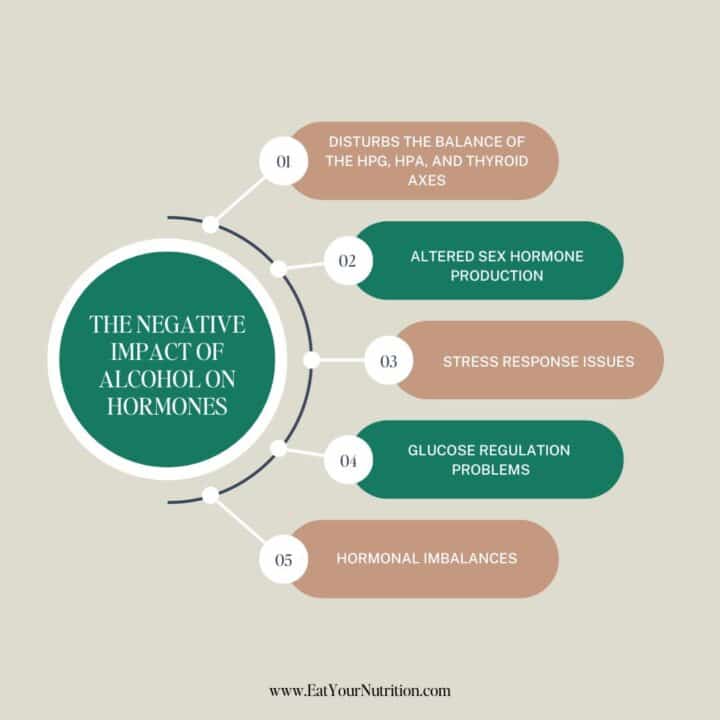
🗣️ So, Let's Discuss Alcohol Effects on Hormones
All things considered, understanding the intricate connection between how alcohol consumption can impact your immune, gut, and hormonal systems. Getting proper guidance on best to address those hormonal imbalances is key.
So, if you're experiencing symptoms of a hormonal imbalance, don't hesitate to seek personalized support. If you need personalized assistance with your symptoms, don't hesitate to contact me. Let's work together to embark on a journey towards a healthier, vibrant life. Contact me.
You can also connect with me @EatYourNutrition on Instagram. I love seeing your photos. #EatYourNutrition #LauraVillanueva
ADDITIONAL RESOURCES
Also, for further reading and guidance on how to treat the root causes of hormone imbalances, consider exploring the following resources:
- Book: "The Hormone Cure" by Dr. Sara Gottfried
- Article: "Stress and Hormones"
- Join the 3-Week Paleo Nutrition Challenge - Expert advice on naturopathic approaches to stress reduction and hormonal balance. Let's get rid of anxiety and balance those hormones with healthy eating.
- Support: Join my Reset & Renew Nutrition Program. Register here.



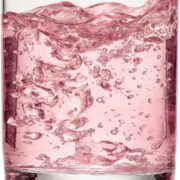













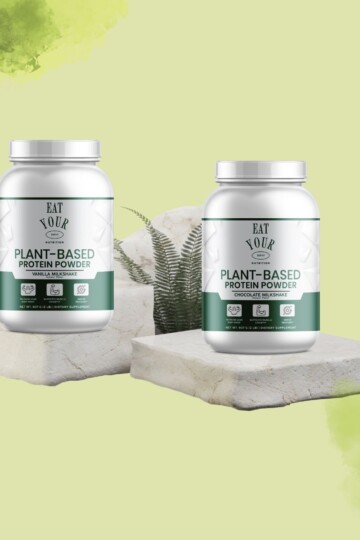

Comments
No Comments